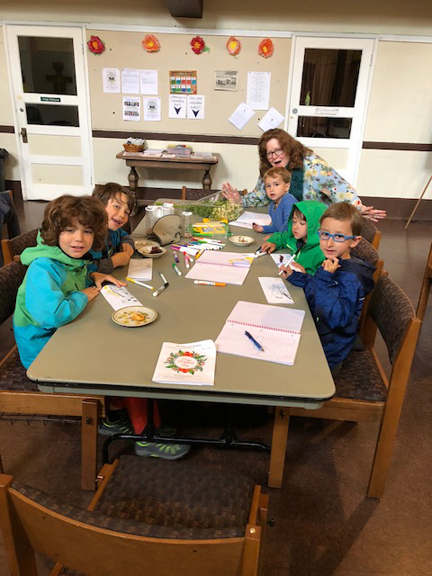
By Charly SHELTON
In Genesis 1:26, God said, “Let us make man in our image, after our likeness. And let them have dominion over the fish of the sea and over the birds of the heavens and over the livestock and over all the earth and over every creeping thing that creeps on the earth.” This is the English translation of a Hebrew text. The Hebrew word radah is commonly translated as “dominion,” but it is used several other times in the Old Testament to refer to the dominion of a king or his kingdom and the responsibility a ruler has to his people.
In Psalm 72, a coronation psalm for King Solomon, God outlines what He expects of the king’s radah: “He delivers the needy when they call, the poor and those who have no helper. He has pity on the weak and the needy, and saves the lives of the needy. From oppression and violence he redeems their life; and precious is their blood in his sight” (Psalm 72 verses 12-14).
This is the kind of dominion humans were meant to have over the Earth and all of its living creatures, a stewardship over the natural world to care for these animals and the environment when they can’t care for themselves. This is the sentiment expressed to the children of the St. Luke’s Episcopal Church Sunday school, and on Saturday, July 21 this teaching came alive when the group took part in its first beach cleanup.
“It was a wonderful day. A lot of trash was picked up and it was a very bonding experience for the whole congregation,” said Vanessa Ynda, assistant Sunday school teacher. “It started with [only] the Sunday school kids [going to the beach cleanup] and branched out to parents and the rest of the congregation and friends of friends. So all-in-all we had over 35 people there.”
The congregation headed out to Redondo Beach to pickup trash off the sand while the children were taught about stewardship, both at the event and every day.
“Just the general idea of picking up trash when you see it, just taking responsibility. Even if it wasn’t our trash, it’s our planet, so we pick it up,” Ynda said.
Sunday school director Mary O’Keefe organized the event through Heal the Bay, an environmental organization she has been volunteering with since the 1980s when she took her own children to clean the beach from the time they were still in diapers. O’Keefe has passed this love of the environment onto her now-grown children who all work in fields relating to preservation or solving environmental problems. To continue the work, she is still spreading the message to kids through Sunday school teachings, relating science and environmental lessons to the commandments of God in the Bible.
“We try to really teach the children to connect to the spirit and, in that, our responsibility of taking care of the planet. So a lot of the Bible lessons are related to the idea of our responsibility,” Ynda said, “whether it’s about pollution, taking care of the ocean, climate, anything that we can do to instill that connection of the spirit and taking care of the environment. There’s a strong emphasis in science, as well as the love of Christ, in our Bible study in our children’s group. It’s just a different angle that we’re taking.”
Reconciling science and religion isn’t a problem, Ynda said, as the children are very scientifically inclined and find the application to Bible passages easy to understand.
“I find that it’s very easy to make those things match and very natural as the children really respond to it,” Ynda said. “We happen to have a group that’s very scientifically minded and very fascinated by bugs and insects. They know more about dinosaurs and different types of insects than I do, which is great. It’s really fun feeding that fascination.”

